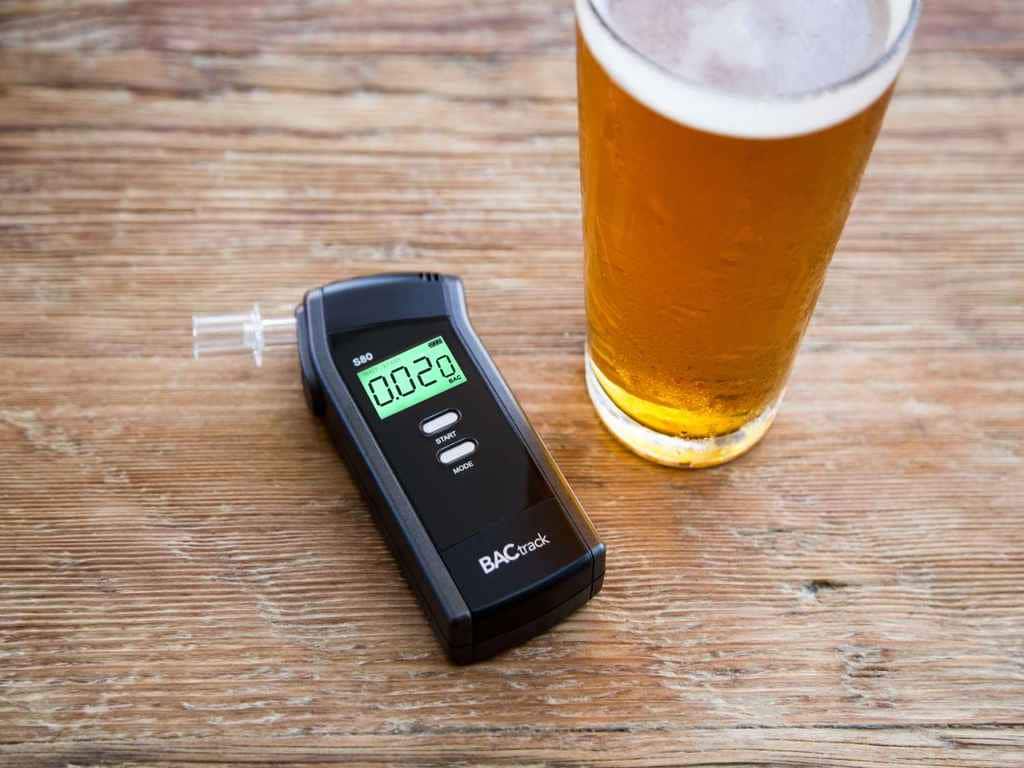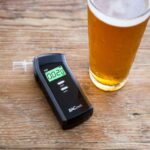
The accuracy of alcohol breath tests at checkpoints, workplaces, or personal devices depends on what sensor they are using. Breath testing devices such as breathalysers mainly use two sensor technologies to estimate a person’s blood alcohol concentration (BAC). People have the option of using either semiconductors or fuel cell sensors. You need to understand the alcohol sensor definition of specific devices to help you choose a device effectively. For example, BACtrack devices mainly focus on using fuel cell sensors to provide highly accurate results.
The difference between both sensor types lies in how they process alcohol in the breath. The alcohol sensor definition of a semiconductor breathalyser is that it uses a tin-oxide substance to measure the level of alcohol concentration. The oxide sensor calculates the reactivity of tin dioxide and the ethanol in the breath. The sensor produces electrical resistance once the ethanol reacts with the tin dioxide. The semiconductor sensor measures this difference. However, the semiconductor sensors are not specific to ethyl alcohol only. They also respond to other alcohol vapours found. In particular, people with diabetes have high acetone in the body that a semiconductor sensor can pick up. Additionally, if you use mouthwash, breath spray, or mint gums with alcohol content before a breathalyser, the sensor also reacts with it. This problem would mean that semiconductors are prone to false positives.
Alcohol Sensor Definition: Fuel Cell Sensors
On the other hand, the alcohol sensor definition of fuel cell sensors like those in BACtrack professional breathalysers is an advanced sensor technology using a platinum fuel cell. This sensor chemically oxidises the alcohol in the breath. Fuel cell sensors respond to ethyl alcohol specifically and do not respond to acetones. Therefore, they do not produce false-positive results and accurately measure the BAC. However, due to the high cost of platinum and the delicate and precise manufacturing process, fuel cell breathalysers are more expensive than semiconductor breathalysers. In line with this, law enforcement and workplaces use a fuel cell breathalyser because of their high accuracy rate. Without a doubt, this is the sensor type that most people rely on for their results.
Despite the differences of both alcohol sensors, they can give you valuable insight into your alcohol concentration level that you would otherwise not know. In general, the alcohol sensor definition in breathalysers is to measure your BAC level. Knowing your BAC can help you monitor and control your alcohol consumption. Understanding and managing your alcohol level helps you make better decisions even after alcohol consumption. Undoubtedly, you can rely on BACtrack personal devices for self-tests as they mostly use police-grade technology in their devices.
Related Articles:
- The Reliable Fuel Cell Breathalyzer
- Breathalyser Buy Guide
- What is the Best Personal Breathalyzer






























